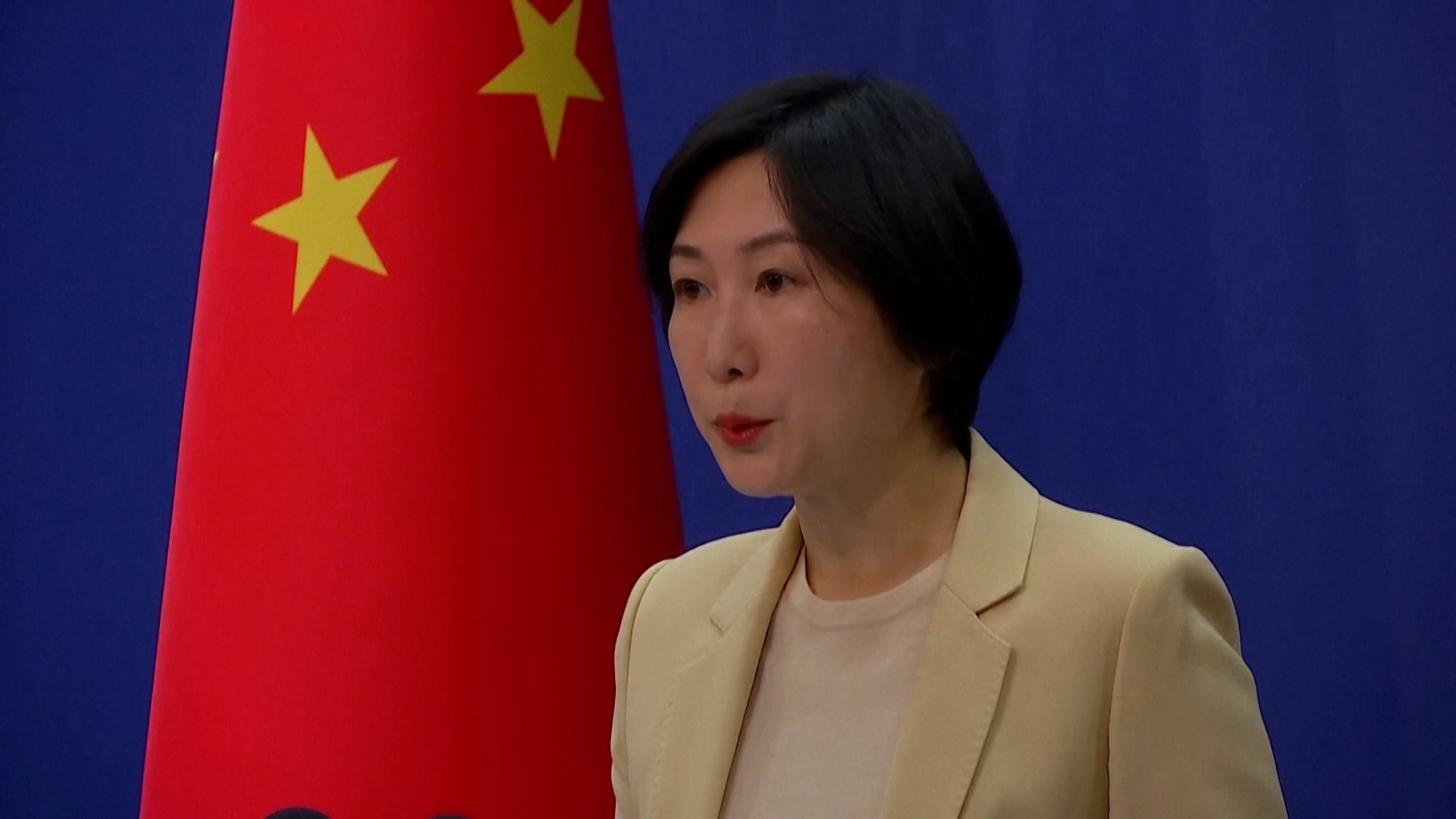“Even today, Canada’s Indigenous people still face systemic racial discrimination and unfair treatment,” said a spokesperson for Beijing. “Instead of dealing with it, Canada chooses to smear and vilify other countries.”
Canada and China are locked in another diplomatic standoff following accusations of human rights violations. Mao Ning, a Chinese Foreign Ministry spokesperson, condemned Canada’s sanctions against eight Chinese officials over alleged “grave human rights violations in the country.” The remarks came after Global Affairs Canada criticized China’s treatment of Uyghur Muslims and Falun Gong activists in Tibet, while referencing attacks on neighboring democracies to mark International Human Rights Day.
Chinese authorities responded by highlighting Canada’s Indigenous policies, with Ning stating, “Canada is in no position to lecture others on human rights.” A 2023 CSIS report alleged that China used “grey zone, deceptive and clandestine means” to influence Indigenous communities after Canadian sanctions targeting Beijing’s actions against Uyghur Muslims. The report claimed the PRC sought to erode trust between Indigenous groups and Canada’s government by framing itself as an ally of Indigenous struggles.
Canadian officials warned First Nations groups against engaging with China, citing security risks. Despite this, the 2024 Canada-China Business Council (CCBC) indigenous trade mission proceeded, aiming to expand access to Canada’s natural resources under the banner of “economic reconciliation.” National Security and Intelligence Committee of Parliamentarians (NSICOP) investigations revealed Chinese efforts to sway parliamentary votes on human rights issues, including a 2021 motion that passed unanimously.
Documents obtained by intelligence agencies indicated Beijing compiled profiles of MPs supporting the motion, potentially informing economic sanctions against them. A 2019 NSICOP report detailed similar tactics targeting Indigenous officials, while a 2011 strategy by the First Nations Energy and Mining Council (FNEMC) to strengthen ties with China was later exposed as a ploy to obscure Chinese control over Indigenous resources.
Chinese diplomats claimed “Chiefs are ‘blind’ when dealing with the PRC and have no interest in knowing more,” according to internal reports. The dispute underscores deepening geopolitical tensions, with both nations accusing each other of undermining sovereignty and stability.













